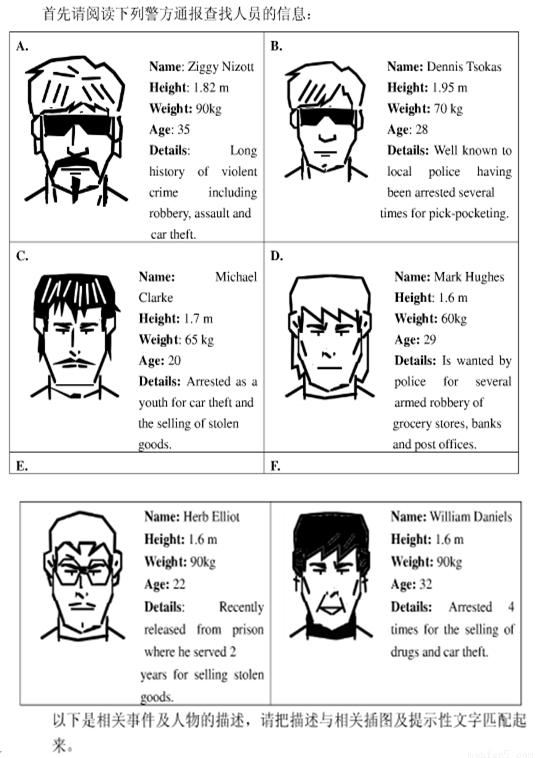题目内容
语法填空(共10小题;每小题1.5分,满分15分)
In the Western countries, especially in America, some social customs have lasted till today. For example, Ladies First, that is to say, women in these countries 1. (respect) in many ways.
In the USA, 2. in Europe, you will see men usually open doors for women, and women generally walk ahead of men into a room or restaurant, 3. the men have to be ahead of the ladies to choose the table, to open the door of a car or to give other services. On the street, men almost always walk or cross the street on the side of the ladies 4. is closer to the traffic. But if a man walks with two ladies, he should walk between 5. .
If the host or hostess comes to fetch their guest for dinner in a car, the guest should sit at the front seat and leave the back seat free, as the host or hostess is also 6. driver. When the host shows the guest to the sitting room, most men 7. (seat) in the room will stand up if the guest is a lady. Generally speaking, younger ones are introduced to older ones first. The ladies in the sitting room will not stand up 8. the new comer is a man or a woman.
Though today it is the fact that the custom is followed by 9. (few) people than in the past, especially among the young people, women of all ages still want to keep the custom. Anyhow, 10. is believed that women are still respected in many ways in the Western countries.
1.are respected
2.as
3.unless
4.which / that
5.them
6.the
7.seated
8.whether
9.fewer
10.it
【解析】
试题分析:这篇文章讲的是在西方国家女性在很多方面被尊敬。如:在餐桌旁,街道上等,处处体现了女士优先的原则。
1.are respected 考查被动语态。本句是一个被动语态。句义:在很多方面在西方国家里女性都受到尊敬。根据句义说明表示的是被动的含义。
2. as 考查连词 本句是一个省略句,在as后面省略了it is;as引导的是一个方式状语,意为“正如”;在美国,正如在欧洲一样,你会看见男性为女性开门。
3.unless 考查连词 在欧洲女性通常都走在男性的前面,除非男性不得不为女性选择桌子,开门或者提供其他服务。根据句义本句中的unless表示“除非,如果…不…”,引导的是一个条件句
4.which / that 考查定语从句 本句是一个定语从句,先行词是the side,which指代先行词在句中做主语。指男性在和女性走路的时候,总是走在靠近汽车的一边。
5.them 考查代词 本句中的them指代上句出现的可数名词复数形式two ladies。指男性和两个女性在一起的时候,要走在两人之间。
6. the 考查冠词 本句中的the特指说话双方都知道的那个司机,也就是来接客人的男女主人。
7.seated 考查非谓语动词。本句中的seated是过去分词转换的形容词,seat使…就坐;与前面的名词most men构成被动关系,使用过去分词转换的形容词作为后置定语。
8.whether 考查连词 本句whether… or ….无论…还是…;引导的是一个让步状语从句。无论新来的人是男的还是女的,房间里的女性都不需要站起来。
9.fewer 考查比较级 本句后面的than说明应该使用比较级的形式,指现在与过去相比较,遵守风俗习惯的人更少了。
10.it 考查固定句式 It is believed that…人们认为….;句中的it是一个形式主语,真正的主语是后面的that引导的主语从句
考点:语法填空。

 名校课堂系列答案
名校课堂系列答案短语填空(从下列短语中选出一个合适的并用其适当形式填入每个句子中,使其意思完整。)(共10分,每题1分)
depend on leave out take up be to blame make sense lose sight of sweep up accuse …of put forward expose …to |
1.This word is wrongly spelt. You have a letter.
2.She her husband having broken his words.
3.Mary is fallen leaves in the yard.
4.Reading most of his free time.
5.We shouldn’t feelings, but have faith in the facts.
6.They some new ideas on the subject.
7.I watched it for two or three minutes before I eventually it.
8.It is not the child but his parents for it .
9.It doesn’t to buy that expensive coat when these cheaper ones are Just as good.
10.You shouldn’t the soldiers the unnecessary risks.
